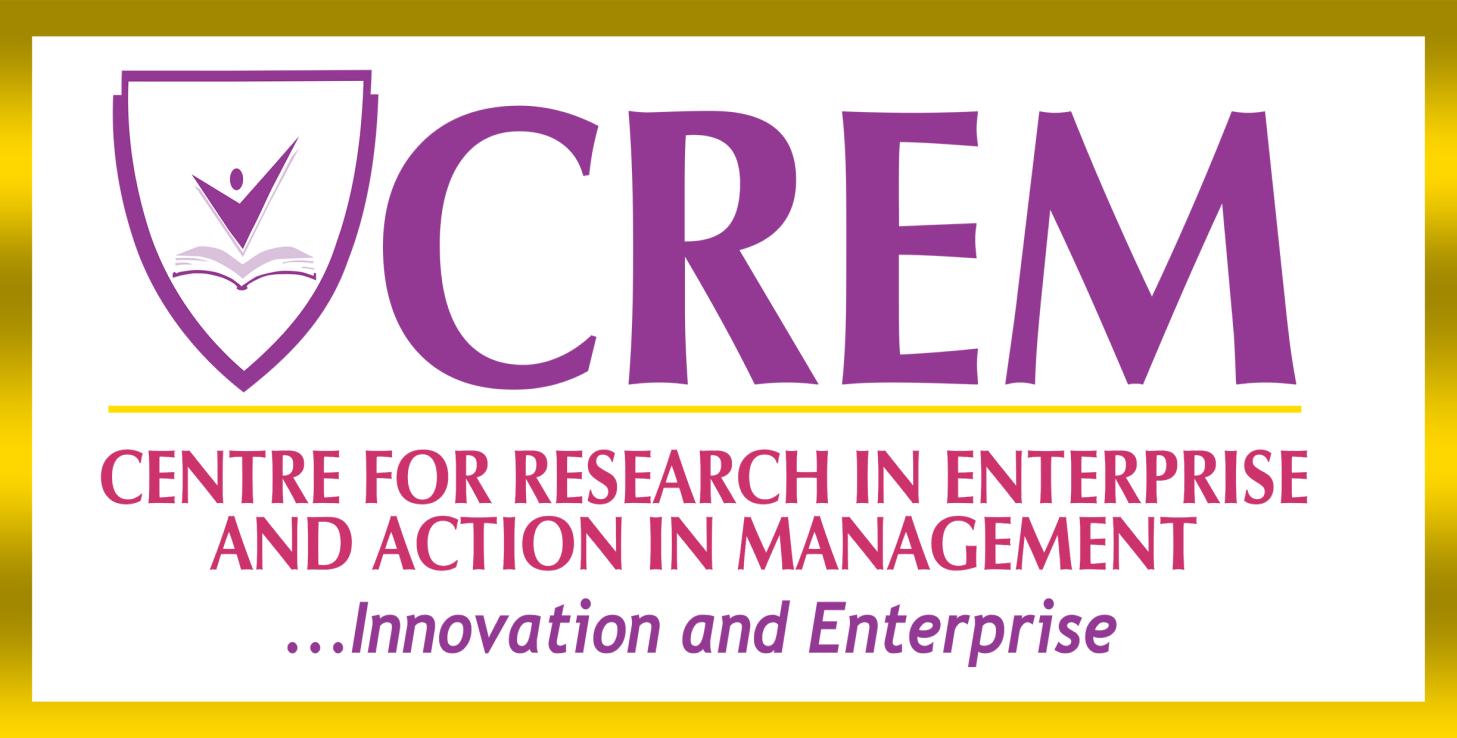
Benefits, Challenges, and Best Practices
In today’s rapidly evolving business landscape, companies are continually seeking innovative ways to streamline operations, reduce costs, and maintain a competitive edge. One strategy that has gained significant traction in recent years is manpower outsourcing.
By entrusting certain aspects of their workforce management to external service providers, organizations can focus on their core competencies while benefiting from specialized expertise, flexibility, and cost efficiencies. In this article, we delve into the intricacies of manpower outsourcing, examining its benefits, challenges, and best practices.
Understanding Manpower Outsourcing
Manpower outsourcing, also known as human resource outsourcing (HRO) or staff augmentation, involves engaging external vendors to manage specific functions or tasks traditionally performed in-house. These functions can range from recruitment and payroll processing to employee training and performance management. Manpower outsourcing can be comprehensive, covering multiple HR functions, or targeted, focusing on a particular area of expertise.
Benefits of CREM’s Manpower Outsourcing
Cost Savings
CREM’s Outsourcing manpower allows companies to reduce overhead costs associated with hiring, training, and maintaining an internal workforce. By paying for services on need basis, organizations can achieve significant cost savings compared to maintaining a full-time staff.
Access to Specialized Expertise
External service providers often bring specialized skills and knowledge to the table, particularly in areas such as recruitment, payroll administration, and compliance. Leveraging their expertise can result in faster, more efficient processes and higher-quality outcomes.
Scalability and Flexibility
CREM’s Manpower outsourcing offers organizations the flexibility to scale their workforce up or down according to changing business needs and market dynamics. Whether ramping up for a new project or downsizing during periods of economic uncertainty, companies can adapt quickly without the constraints of a fixed workforce.
Focus on Core Competencies
By outsourcing non-core functions to CREM Consulting, companies can redirect resources and attention towards their core business activities, driving innovation, growth, and competitive advantage. This strategic focus enhances organizational agility and responsiveness to market demands.
Risk Mitigation
External service providers assume certain risks and responsibilities associated with workforce management, including compliance with labour laws, regulations, and industry standards. This helps mitigate legal and regulatory risks for the organization.
Challenges of Manpower Outsourcing
Loss of Control
Entrusting critical functions to external vendors can sometimes result in a loss of control over processes, quality, and outcomes. It’s essential for organizations to establish clear expectations, communication channels, and performance metrics to maintain oversight and accountability.
Integration Challenges
Integrating outsourced services seamlessly into existing workflows and systems can pose logistical and technical challenges. Effective collaboration and coordination between internal and external stakeholders are crucial to ensure smooth integration and minimize disruptions.
Quality Concerns
While outsourcing can deliver cost savings and efficiency gains, there may be concerns about the quality and consistency of services provided by external vendors. Thorough due diligence in vendor selection, ongoing performance monitoring, and periodic reviews are essential to uphold standards of quality and service excellence.
Confidentiality and Security Risks
Outsourcing sensitive HR functions such as payroll processing and employee data management may raise concerns about data security and confidentiality. It’s imperative for organizations to establish robust data protection measures and contractual safeguards to mitigate these risks.
Cultural and Communication Differences
Working with external service providers located in different geographic regions or cultural contexts can lead to misunderstandings, communication barriers, and cultural clashes. Building strong relationships based on mutual trust, respect, and effective communication is essential for successful collaboration.
Best Practices for Manpower Outsourcing
Define Clear Objectives and Expectations
Clearly articulate the objectives, scope of work, performance expectations, and deliverables associated with outsourcing arrangements. Establish key performance indicators (KPIs) to measure success and ensure alignment with organizational goals.
Conduct Due Diligence in Vendor Selection
Thoroughly evaluate potential service providers based on their expertise, track record, reputation, financial stability, and cultural fit. Request references, conduct site visits, and negotiate service level agreements (SLAs) that outline roles, responsibilities, and performance standards.
Establish Robust Contractual Agreements
Develop comprehensive contracts that address key aspects such as scope of work, pricing structure, service levels, confidentiality, data security, intellectual property rights, dispute resolution mechanisms, and termination clauses. Seek legal counsel to ensure compliance with relevant laws and regulations.
Provide Adequate Training and Support
Invest in training and onboarding programs to familiarize external vendors with organizational processes, systems, values, and expectations. Foster open communication channels and provide ongoing support to address any issues or challenges that may arise during the course of the engagement.
Maintain Regular Communication and Oversight
Foster transparency, collaboration, and accountability through regular communication and performance reviews with external vendors. Monitor progress against agreed milestones, address any deviations promptly, and identify opportunities for continuous improvement.
Evaluate Performance and ROI
Regularly assess the performance of outsourcing arrangements against predefined KPIs and benchmarks. Conduct periodic reviews to evaluate the impact on cost savings, efficiency gains, service quality, customer satisfaction, and overall return on investment (ROI). Adjust strategies and make course corrections as needed to optimize outcomes.
In conclusion, manpower outsourcing offers organizations a strategic opportunity to leverage external expertise, drive efficiency, and enhance agility in a competitive business environment. While it presents numerous benefits, it also poses challenges that require careful consideration and proactive management. By adopting best practices and fostering strong partnerships with external service providers, organizations can maximize the value of outsourcing while mitigating risks and achieving sustainable growth and success.
If you would like to talk about manpower outsourcing with our specialists, kindly make an appointment with us at your convenient time and we would respond immediately. We have been implementing manpower outsourcing projects for several years and we would be happy to render our outsourcing services to you.

